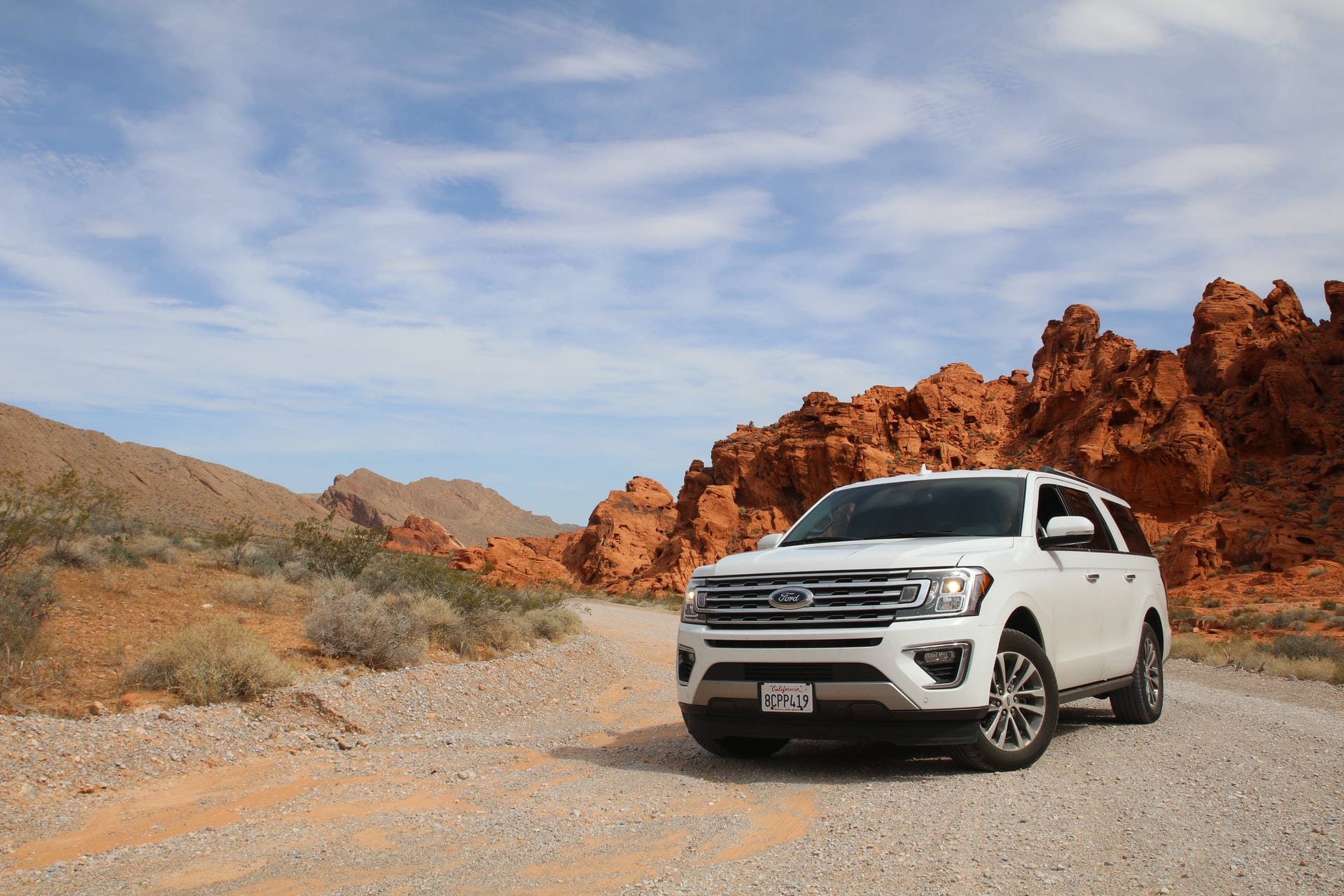These days, we use credit cards for purchases ranging from online items to meals at restaurants. That trend will likely continue since over 80% of Americans have a credit card. A credit card helps pay for hotels, Amazon purchases, and so many other expenses, but what about cars? Can you buy a car, then, with a credit card?
The short answer is yes. Some buyers can use their credit cards to buy a car. However, not everyone should finance their new car with a credit card. Even if you’re committed to this path, you should know best practices, risks, and alternatives. We’ll share some things so you can make an informed decision on your auto purchase. Buckle up!
Should You Buy a Car with a Credit Card?
Buying a car with a credit card can speed up your purchase. You’ll own your car sooner, and some buyers can only obtain financing through their credit cards. However, buying a car with your credit card has significant risks. Credit cards are notorious for high-interest rates, and not everyone can make on-time payments. Falling behind can put you deep in debt. If you buy a car with a credit card, make sure you have a plan to pay it back quickly.
When to Buy a Car with a Credit Card
In some scenarios, it makes sense to buy a car with a credit card. We’ve outlined some of those reasons below:
- You have a card with 0% interest on purchases. Some credit cards waive interest rates for 6-24 months. Of course, a 0% interest rate is a huge advantage. However, this is only an effective strategy if, by the time your credit card company imposes the interest rate, you will have been able to make a serious dent in your debt. Check with your credit card issuer about 0% APR rules and how to stay in compliance. You may need to get a new credit card to capitalize on a temporary 0% APR.
- You want the rewards and have the cash to pay the purchase off. You don’t get charged interest if you pay on time. Some buyers are already sitting on enough money to pay for the car in full. These buyers will pay with their credit cards, accumulate points and rewards, and pay in full before the deadline. You can also apply this strategy for the down payment if you finance the rest of the purchase with an auto loan.
- Your credit is good. A higher credit score can decrease your interest rate and provide a higher credit limit. Good credit makes debt more manageable.
Consider The Following When Buying a Car with a Credit Card
Buying a car is a significant decision. Using your credit card for the purchase makes it even more complicated. Consider these factors when purchasing a new ride with a credit card.
Cost of Interest Payments
Interest payments are a barrier to the principal. You must first pay off interest before chipping away at your initial debt. In addition, credit cards have higher interest rates than traditional bank loans, making them a less attractive way to buy a car.
Transaction and Convenience Fees
Credit card companies usually charge a transaction fee on every purchase. Most eCommerce and local businesses won’t mind paying this 1%-3% fee. However, those companies don’t sell cars.
The average new car sells for $47,000. The transaction fee will cost anywhere from $470-$1,410. Since vehicles have low profit margins, a dealer may ask you to make that payment or reject credit card payments to avoid the fee. Dealers will often tack on a convenience fee if you buy with a credit card. The convenience fee ranges from 2%-4% and is enough to cancel out credit card rewards from the purchase.
Your Credit Limit and Credit Utilization
Your credit limit restricts how much you can borrow on your card. Car buyers may have to settle with a down payment instead of an outright purchase because of their credit limits. Buyers should also consider their credit utilization before making a purchase. Each credit card purchase increases your credit utilization ratio, and you want this as low as possible for your credit score.
Your credit utilization ratio measures the percentage of your used credit limit. If you have a $10,000 limit and $7,000 in credit card debt, you have a 70% credit utilization ratio. To protect your credit score, you should maintain a credit utilization ratio below 30%.
The Effect on Your Credit
A higher credit utilization ratio will hurt your credit score, but paying debts late will hurt even more. Buying a car with a credit card increases your debt, making every other debt more difficult to cover. The sooner you pay off the debt, the less impact the car will have on your credit score. However, high interest rates and other expenses will compete for space on your budget.
Rewards Potential
Credit cards offer rewards for every transaction. A car can provide many points and other perks but consider the fees as well. Check the rules for your rewards program to determine if the convenience fee would wipe out your rewards or if your rewards exceed the fee.
Your Credit Card Provider and Car Dealership Terms and Conditions/Policies
Some car dealerships will reject credit cards or charge an extra fee to cover the transaction fee. You will also have to check with your credit card company. You can ask for a higher credit limit to help with the purchase.
Some Alternatives to Using a Credit Card to Buy a Car
You don’t have to buy a car with a credit card. This unconventional route can be more trouble than it’s worth. Consider these alternatives to using your credit card.
Use Cash
If you have enough cash sitting around, put it to work for your new car. Few buyers have enough money to pay for the entire vehicle, but a down payment is enough to get started. You miss out on credit card rewards, but you also miss out on the convenience fee and high-interest payments.
Ask Someone to Co-sign
There are still ways to get a loan, even if you have bad credit. Lenders will give you a loan if your co-signer has a good credit score. Lenders will review the co-signer’s financials before handing out a loan. It’s less risky for lenders since co-signers become legally responsible if the borrower can’t pay.
Co-signing a loan is a significant risk for the co-signer. Only a family member or close friend would consider co-signing your loan. Devise a budgeting strategy and payment plan to convince a potential co-signer that you can pay off the loan.
Ask About Trade-In Value
Your old car still has some value. Dealers will assign a value to your vehicle and use it for the down payment. You can save thousands of dollars by trading in your old car. If you don’t have room in the driveway for both vehicles, you might as well trade in your old car and see how much you can save. Used car prices are rising, so you may get more than you think.
Refinance Your Car Loan Instead of Buying
Your current car may be sufficient for your needs. It can safely get you from place to place. You can continue driving in your current car instead of spending money on a new car. You can hold those funds for another purchase or invest them in your portfolio.
If you keep your old car, you might as well lower your monthly bill. Refinancing your car loan can provide lower interest rates. Lower rates reduce your monthly payments and give your budget space for other expenses. You don’t have to inflate your cost of living with a new car. If your old car is good enough, you can continue logging miles on it and saving money with a refinance.







